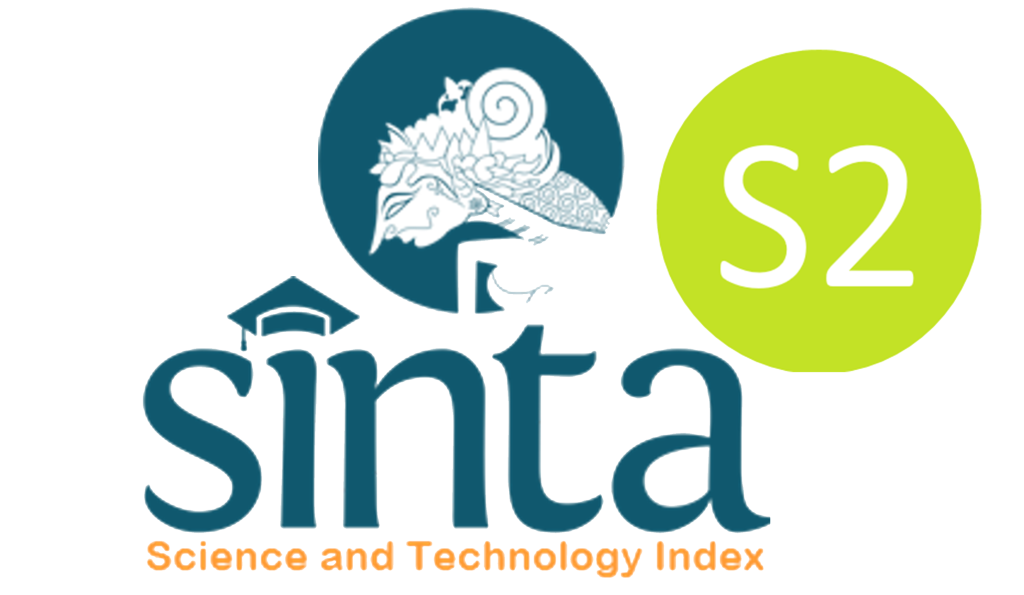THE RELATIONSHIP BETWEEN EMOTIONAL INTELLIGENCE AND LEARNING STRATEGIES ON STUDENTS' ACADEMIC ACHIEVEMENT
DOI:
10.54443/ijerlas.v5i3.3836Published:
2025-05-29Downloads
Abstract
This study aims to determine the relationship between emotional intelligence and learning strategies on students' academic achievement. Using a quantitative correlational approach, data was collected from 123 grade XI students at one of the State High Schools in Depok City through questionnaires and documentation of report card scores. The results showed that there was a positive and significant relationship between emotional intelligence and academic achievement (r = 0.482; p < 0.05), as well as between learning strategies and academic achievement (r = 0.533; p < 0.05). Multiple linear regression analysis showed that emotional intelligence and learning strategies simultaneously contributed 37.3% to the variation in students' academic achievement (R² = 0.373; p < 0.05). Learning strategies have a relatively greater influence than emotional intelligence. These findings indicate that students' academic success is not only influenced by intellectual ability, but is also highly determined by the management of emotions and the learning strategies applied. Therefore, effective education needs to integrate the development of emotional aspects and students' learning skills in a balanced manner to achieve optimal academic outcomes. This research provides an important basis for the development of more comprehensive guidance programs and learning strategies in schools.
Keywords:
Emotional Intelligence Learning Strategies Academic Achievement Students EducationReferences
Dwikoranto, D., Suliyanah, S., Sucahyo, I., Kholik, A., Sukarni, S., Marsini, M., & Setiani, R. (2023). Desain Lembar Kegiatan Siswa (LKS) Berorentasi Pada Pendekatan Saintifik Bagi Guru Sekolah Dasar. Jurnal Inovasi Penelitian Dan Pengabdian Masyarakat, 3(1), 44–54. https://doi.org/10.53621/jippmas.v3i1.207
Goleman, D. (1998). Working with emotional intelligence. New York: Bantam Books.
Goleman, D. (2024). Kecerdasan emosional. Gramedia Pustaka Utama.
Imam Ghozali. (2018). Aplikasi Analisis Multivariate dengan Program IBM SPSS 25. Badan Penerbit Universitas Diponegoro.
Kurniawan, B., Dwikoranto, D., & Marsini, M. (2023). Implementasi problem based learning untuk meningkatkan pemahaman konsep siswa: Studi pustaka. Practice of The Science of Teaching Journal Jurnal Praktisi Pendidikan, 2(1), 27–36. https://doi.org/10.58362/hafecspost.v2i1.28
Marsini, M. (2022). Pagelaran Wayang Sebagai Upaya Peningkatan Menulis Cerita Melalui Metode Sugesti Imajinasi. Piwulang Jurnal Pendidikan Bahasa Jawa, 10(2), 172–180. https://doi.org/10.15294/piwulang.v10i2.59326
Marsini, M., Rukayah, R., & Dahlan, M. (2022). Model Problem Based Learning Dapat Meningkatkan Hasil Belajar SDN 1 Pangkalan Tiga. Pinisi Journal Pendidikan Guru Sekolah Dasar, 2(2), 659. https://doi.org/10.70713/pjp.v2i2.29627
Priadana, M. S., & Sunarsi, D. (2021). Metode penelitian kuantitatif. Pascal Books.
Samadun, S., Setiani, R., Dwikoranto, D., & Marsini, M. (2023). Effectiveness of Inquiry Learning Models to Improve Students' Critical Thinking Ability. IJORER International Journal of Recent Educational Research, 4(2), 203–212. https://doi.org/10.46245/ijorer.v4i2.277
Sholihin, M. F., Hakim, M. S. T., & Fitri, A. Z. (2021). Pengembangan Kecerdasan Emosional Siswa: Strategi Guru Pendidikan Agama Islam dalam Pembelajaran Berbasis Alam. Jurnal Pendidikan Agama Islam Al-Thariqah, 6(2), 168–184.
Weinstein, C. E., & Mayer, R. E. (1983). The teaching of learning strategies. Innovation Abstracts, 5(32), n32.
Wuwung, O. C. (2020). Strategi pembelajaran & kecerdasan emosional. Scopindo Media Pustaka.
Zhou, H., Deng, Z., Xia, Y., & Fu, M. (2016). A new sampling method in particle filter based on Pearson correlation coefficient. Neurocomputing, 216, 208–215.
Zimmerman, B. J. (2000). Attaining self-regulation: A social cognitive perspective. In Handbook of self-regulation (pp. 13–39). Elsevier.
License
Copyright (c) 2025 Sri Wahyudi

This work is licensed under a Creative Commons Attribution 4.0 International License.









